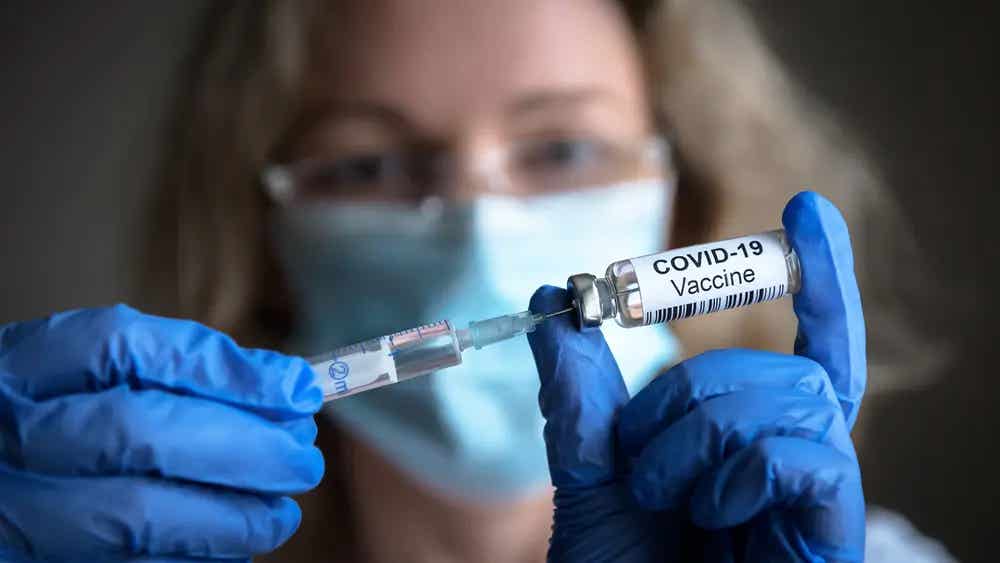Groundbreaking new vaccine could protect against all future coronavirus disease outbreaks
New vaccine to provide protection against a broad range of coronaviruses, with potential to protect against future disease outbreaks.

Researchers have developed an innovative vaccine technology shown in mice to provide protection against a broad range of coronaviruses, with potential to protect against future disease outbreaks. This new approach, called "proactive vaccinology," involves creating a vaccine before the pathogen emerges.
The new vaccine trains the immune system to recognize specific regions of eight different coronaviruses, including SARS-CoV-1, SARS-CoV-2, and several bat coronaviruses that could potentially infect humans. Key to its effectiveness is that the regions targeted by the vaccine appear in many related coronaviruses, providing cross-protection against unidentified coronaviruses.
Rory Hills, a graduate researcher at the University of Cambridge and first author of the report, stated: "Our focus is to create a vaccine that will protect us against the next coronavirus pandemic, and have it ready before the pandemic has even started. We’ve created a vaccine that provides protection against a broad range of different coronaviruses – including ones we don’t even know about yet."
The research, published in the journal Nature Nanotechnology, demonstrates that the new vaccine, named ‘Quartet Nanocage’, raises a broad immune response even in mice previously immunized with SARS-CoV-2.
The vaccine's design is based on a nanoparticle structure, a ball of proteins held together by strong interactions. Chains of different viral antigens are attached to the nanoparticle using a novel ‘protein superglue’, training the immune system to target regions shared across various coronaviruses.
Professor Mark Howarth, senior author from the University of Cambridge, highlighted the proactive approach: “We don’t have to wait for new coronaviruses to emerge. We know enough about coronaviruses, and different immune responses to them, that we can get going with building protective vaccines against unknown coronaviruses now.”
Related News
The simpler design of this vaccine, compared to other broadly protective vaccines in development, should facilitate a quicker path to clinical trials. The underlying technology also holds promise for addressing other health challenges.
This research involved collaboration between scientists at the University of Cambridge, the University of Oxford, and Caltech.
It builds on previous work by the Oxford and Caltech groups to develop a comprehensive vaccine against coronavirus threats, which is expected to enter Phase 1 clinical trials in early 2025. However, the complex nature of that vaccine poses manufacturing challenges, potentially limiting large-scale production.
Conventional vaccines typically include a single antigen, targeting a specific virus and potentially lacking protection against diverse or newly emerging coronaviruses. This new approach aims to overcome those limitations, providing a robust defense against future pandemics.
The research was funded by the Biotechnology and Biological Sciences Research Council.
For more science news stories check out our New Innovations section at The Brighter Side of News.
Note: Materials provided above by the The Brighter Side of News. Content may be edited for style and length.
Like these kind of feel good stories? Get the Brighter Side of News' newsletter.



